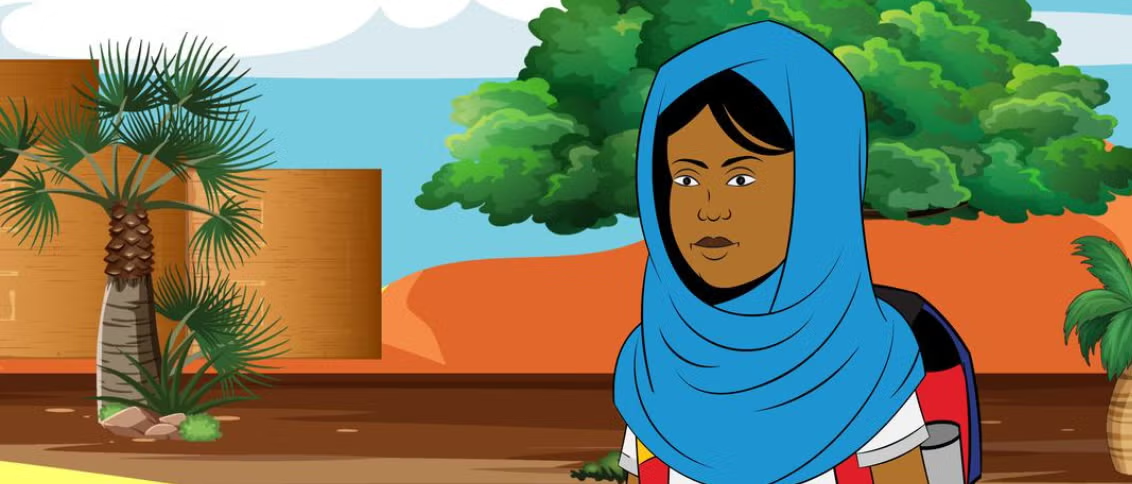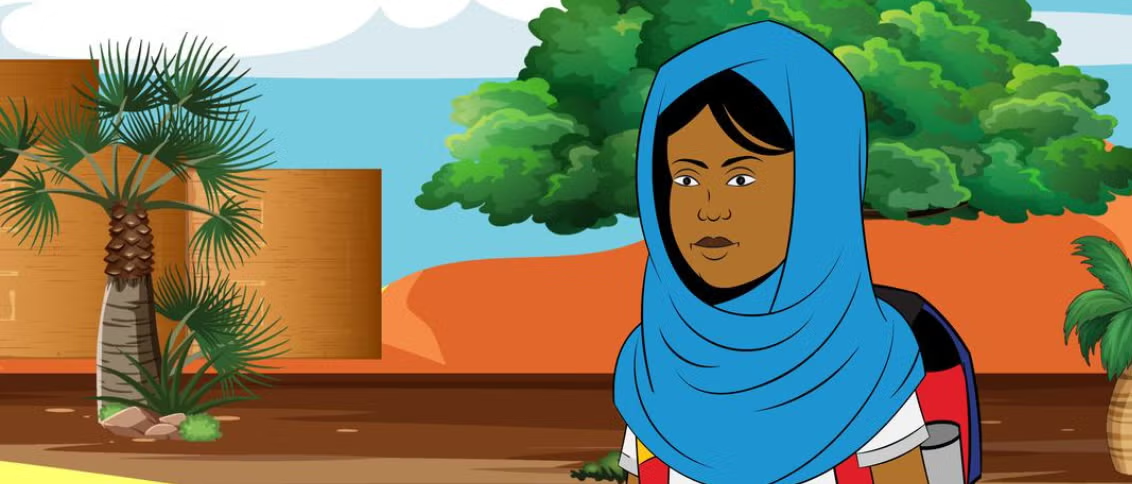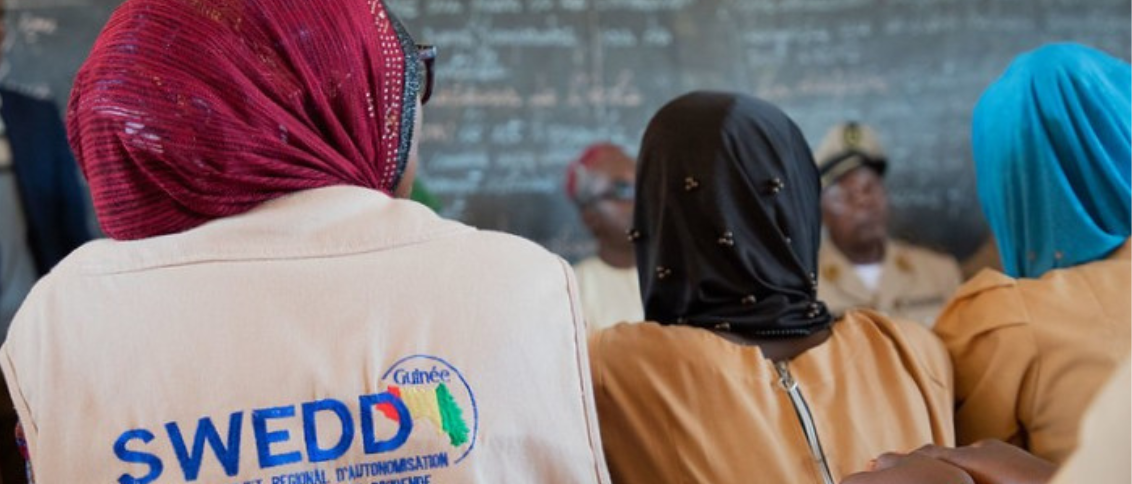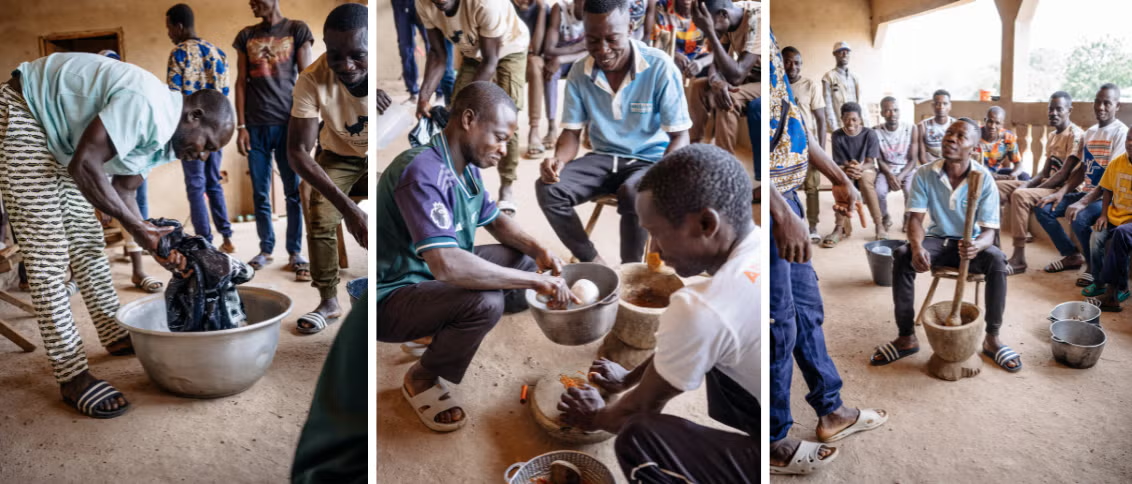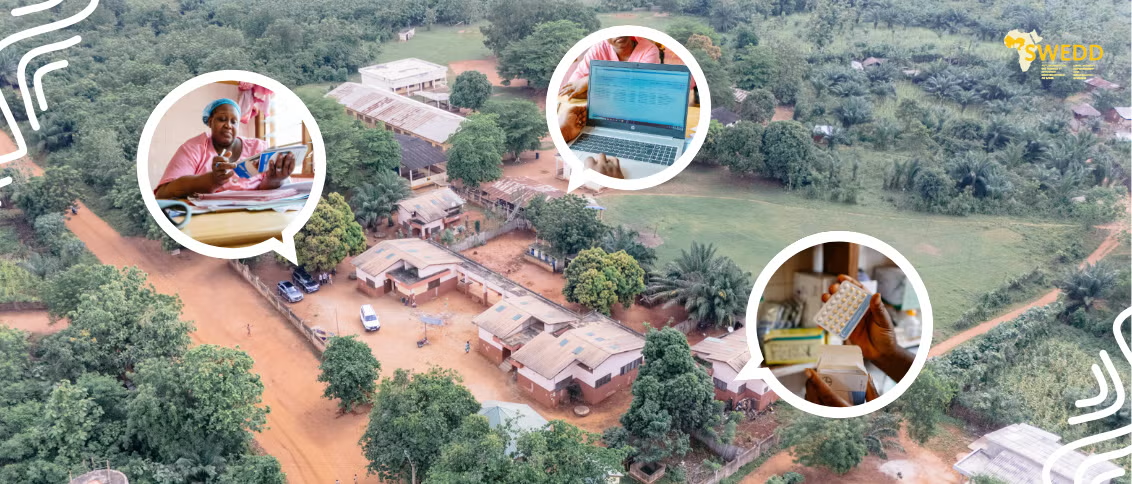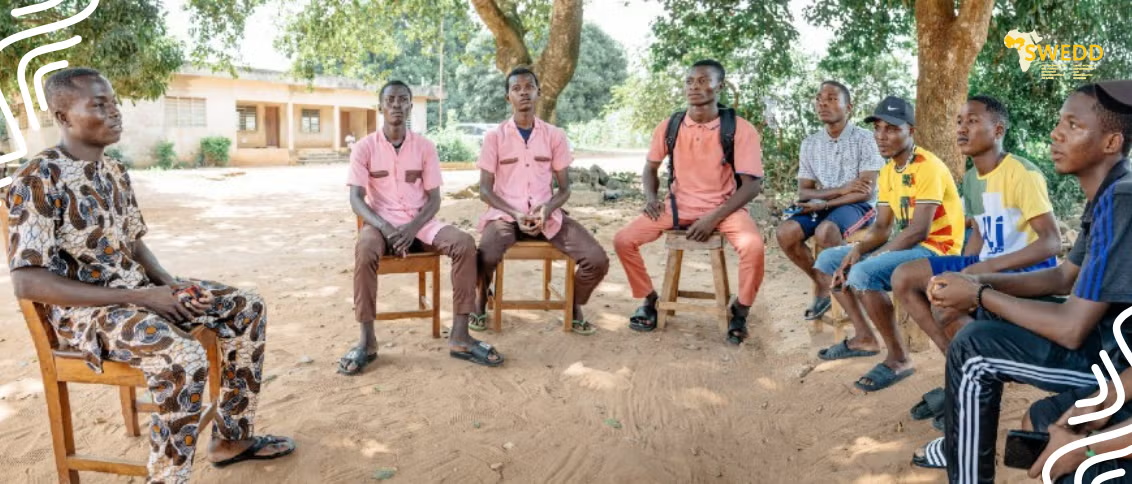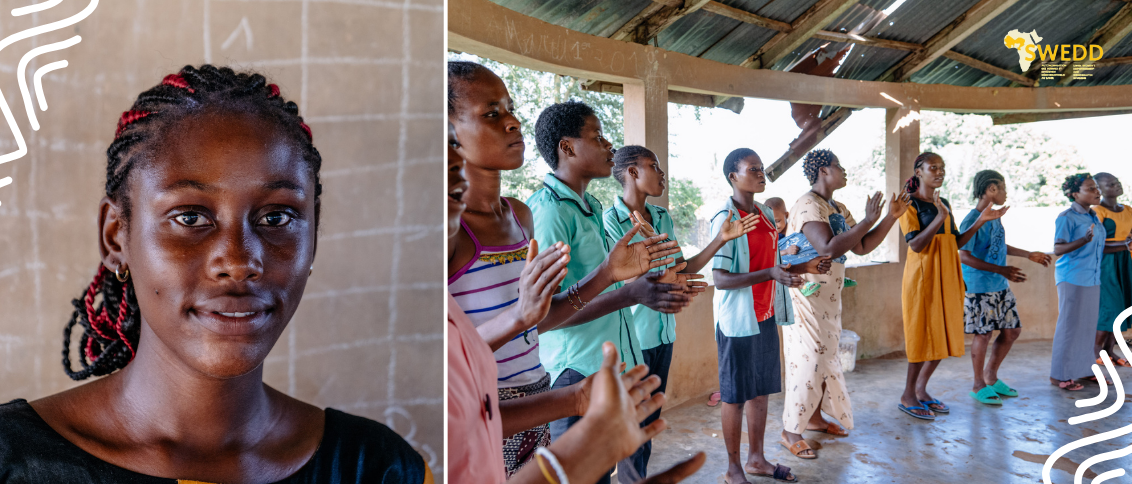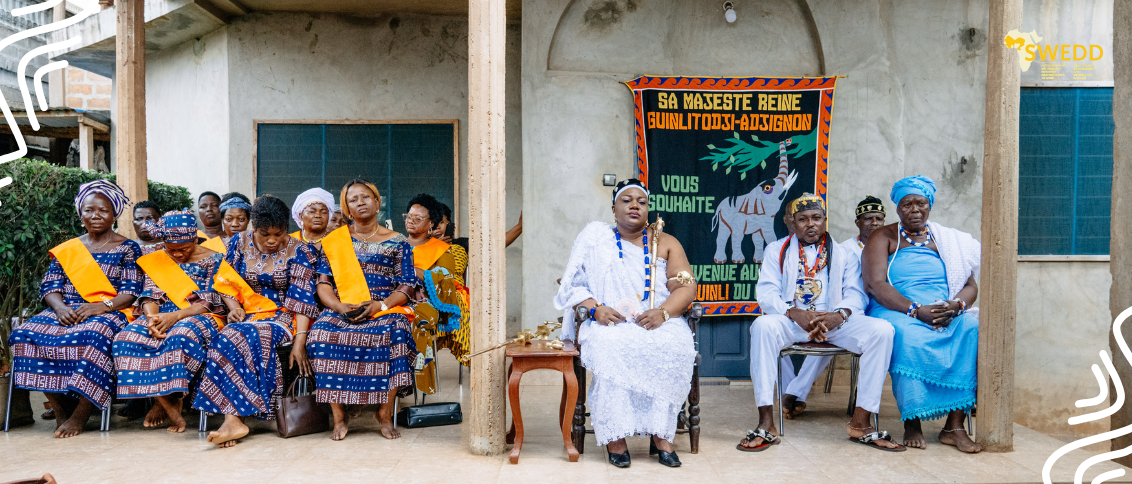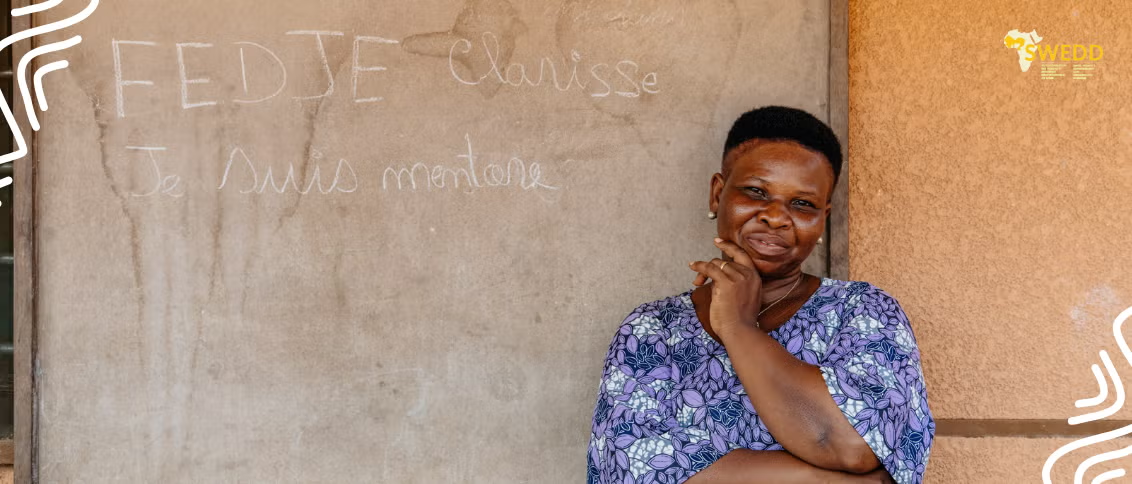

NEWS
Karima: A new animated series sparks dialogue on girls’ rights in Chad
07 May 2025

In the dry, sunbaked village of Illalsalam in northern Chad, a 12-year-old girl named Karima starts her day before sunrise. She sweeps the yard, prepares tea with her mother, and hurries through dangerous paths to reach school. It is a familiar rhythm, not just in Chad, but across many parts of West and Central Africa. What sets Karima apart is that she’s fictional—and that her voice is now reaching thousands of girls like her.
Karima is a new animated series produced entirely in Chad as part of the SWEDD+ activities in the country, developed to speak directly to adolescent girls navigating the pressures of tradition, family duty, and their own ambitions.
In the series, Karima is bright, curious, and deeply respectful of her culture. But she also begins to ask questions. In one episode, she looks up at her mother and asks: “In our community, tradition is a source of pride... but is it always fair?” It is not an attack—it’s a reflection. The series is filled with these moments: intimate, disarming, and quietly provocative.
Plotlines that inform real life situations
The storytelling avoids heavy didacticism. Instead, it presents everyday situations—girls helping their mothers, boys joking after school, women gathering water or gossiping in the shade—and lets the tension unfold through relationships.
One episode follows Karima’s aunt, Adjiné, who arrives heavily pregnant and visibly exhausted. Karima’s concern, informed by her school biology lessons, leads her to suggest a visit to the local health center. What begins as a family reunion becomes a gentle introduction to the concept of maternal care and the role of trained midwives—still a sensitive topic in many rural settings.
Another plotline centers on Geneviève, Karima’s classmate, whose father abruptly announces her arranged marriage. The episode doesn’t end with a rescue or a reversal, but with confusion, heartbreak, and quiet resistance. It raises a hard question: What happens when the desire to study collides with expectations that a girl should marry at 13?
Made in Chad for youth and elders
These stories are rooted in dialogue—between mothers and daughters, friends and elders, tradition and personal choice. The series was developed with local writers, voice actors, and artists, and produced entirely in Chad. Its visual style is simple, accessible, and familiar. Its purpose is clear: to help girls understand that they are not alone.
The SWEDD+ project, funded by the World Bank and implemented with technical assistance from UNFPA in coordination with national governments, focuses on improving the conditions for girls and women across the Sahel. In Chad, the series is part of a wider effort to expand access to education, health, and information.
Projects like Karima are designed to shift the conversation—to create space where girls can see themselves not as future brides or caretakers, but as thinkers, dreamers, and leaders.
Each episode is built around a question, and often ends without a clear answer. In doing so, it invites viewers—especially young girls—to reflect, discuss, and decide for themselves.
The Karima animated series is available on the official Karima SWEDD YouTube channel
